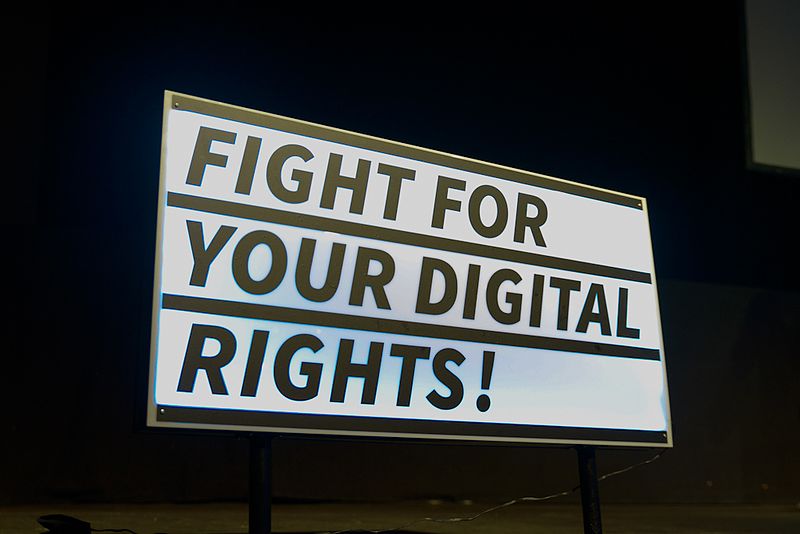
Nine Elements of Digital Citizenship
Daniel Lionti

4. Digital Literacy

Process of teaching and learning about technology and the use of technology.
Schools have made good progress when it comes to technology infusion, but there remains much to be done. There are many new technologies that are being used in the workplace that schools are yet to take advantage of. New technologies require new skills that need to be taught.

3. Digital Communication

Electronic exchange of information.
Within the last 20 or so years, the options for communicating with other people have greatly increased, (e-mail, cell phones, instant messaging). Everybody has the opportunity to communicate with anyone from anywhere, anytime. However, not everybody has been taught how to make appropriate decisions when faced with so many options.
2. Digital Commerce


Electronic buying and selling of goods.
People must understand that a large share of today's market economy is being done electronically. There are legal exchanges that occur, but there are also many goods and services available that conflict with the laws and morals of some countries. Users need to be able to know the difference between the two.

1. Digital Access

Full electronic participation in society.
People that have access to technology should be aware that not everyone has that same opportunity. An important goal for all digital citizens should be to help expand and provide access to technology. We should ensure that no one is denied digital access.

5. Digital Etiquette

Electronic standards of conduct or procedure.
There is a lot of inappropriate behaviour in the world of digital technology. Rules are made but more often than not, that technology is just banned to stop inappropriate use. People need to learn to become responsible digital citizens.

6. Digital Law

Electronic responsibility for actions and deeds.
Digital deals with the unethical use of technology that happens through crimes. Doing crime online is still a crime you have done. Users need to be aware of the rules when it comes to crimes and hacking.

7. Digital Rights
and Responsibilities

Those freedoms extend to everyone in a digital world.
Just like the Constitution, digital citizens have a basic set of rights that is extended to them. These rights must be understood and respected by and for every digital citizen.

8. Digital Health and Wellness

Physical and psychological well-being in a digital technology world.
The ergonomic and safety aspects needs to be addressed in a new technological world. Phycological issues like internet addiction are things that digital citizens should also be aware of so they can protect themselves.

9. Digital Security (self-protection)

Electronic precautions to guarentee safety.
There will always be people who steal, deface, or disrupt. Its not enough to just trust people. Digital citizens need to have the proper knowledge and programs like an anti-virus in order to operate safely.
